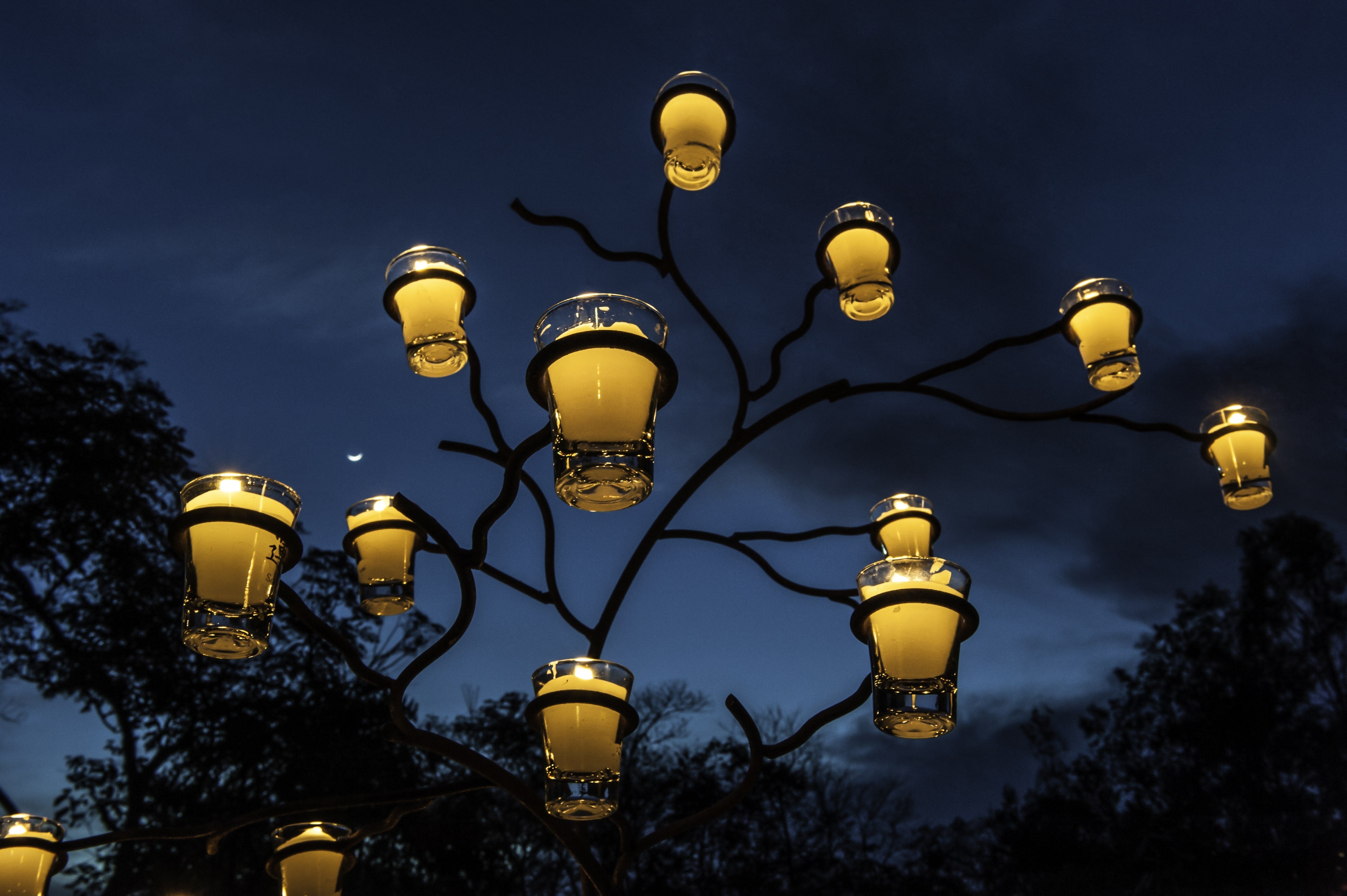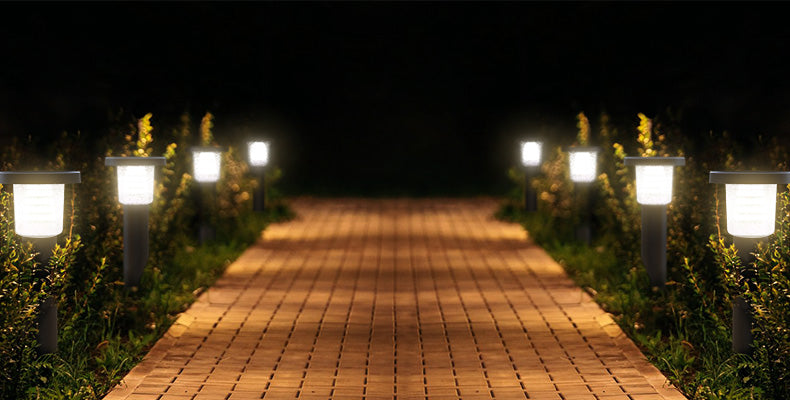Have you ever been frustrated that your solar lights only stay on for a few hours, even after a full day in the sun? You’re not alone. One of the most common complaints about solar lights is their short lighting time. So, what really determines how long they stay on at night?
Here are 4 key factors that affect the lighting time of solar lights:
1. Sunshine Duration
Solar lights rely on sunlight to charge during the day. If the solar panel doesn't get enough sunlight, it can’t store enough energy to power the light all night. Short winter days, shaded areas, or placing the panel in a spot that doesn't get direct sun can all reduce charging efficiency.
2. Weather Conditions
Cloudy, rainy, or snowy weather reduces the intensity of sunlight, which lowers the conversion efficiency of the solar panel. In winter, this is even more challenging because not only is sunlight weaker, but daylight hours are also shorter. As a result, the battery can’t charge fully, and the light goes out earlier.
3. Battery Capacity
The battery is what stores the solar energy collected during the day. A larger capacity battery can store more energy, allowing the light to last longer at night. However, even a big battery is useless if the solar panel isn’t efficient enough to charge it fully. Also, low-quality batteries degrade quickly and won’t hold a charge as well over time.
4. Lamp Power and Brightness Modes
Brighter lights consume more energy. While high brightness is great for visibility, it drains the battery faster. Many solar lights now come with different modes like high brightness, low brightness, or motion sensor mode:
-
High Brightness Mode: Consumes the most power; shorter lighting time.
-
Low Brightness Mode: Saves energy; longer lighting time.
-
Motion Sensor Mode: Only lights up when motion is detected, then dims or turns off, maximizing battery life.
Choosing the right mode based on your needs can significantly improve how long your solar light lasts overnight.
In Conclusion
If your solar light often turns off too early, check its location, the weather, the battery size, and the light mode you're using. With the right setup and expectations, solar lights can be a reliable, eco-friendly lighting solution that lasts through the night.



